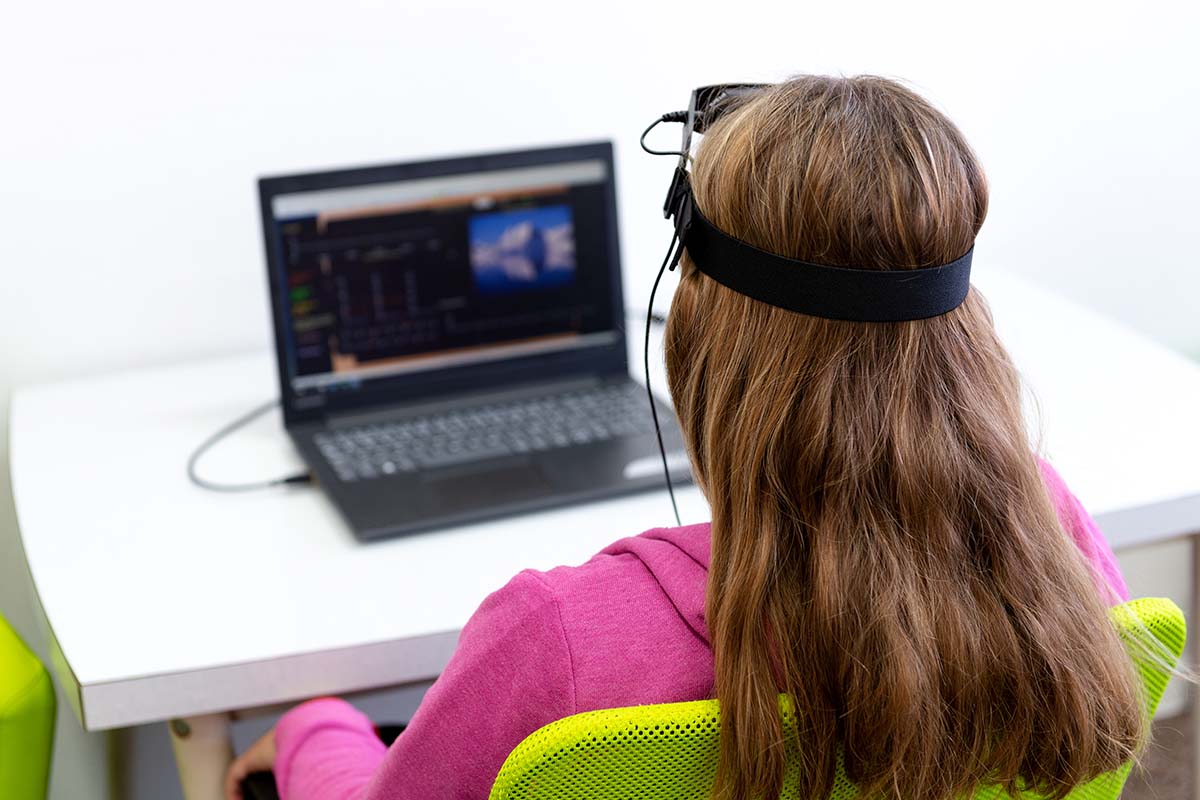Drug and alcohol abuse can make individuals and families feel overwhelmed and helpless. Addiction impacts all areas of life, from job performance and mental function to relationship health and emotional wellness. If you or a loved one is feeling out of control because of addiction, know that there are resources available to help. If you’re wondering what rehab is like or seeking a women’s or men’s rehab center near you, call Colorado Medication Assisted Recovery (CMAR) today. We’re standing by at 833.448.0127 or online to answer your questions and get you started on the path toward mental and physical healing.
How Do I Know if Drug or Alcohol Rehab Is Necessary?
There are many possible indications that a rehab program could be the right choice for you or your loved one. Here are a few common signs this may be the case:
- You experience trembling, nausea, body aches, mood disturbance, or other withdrawal symptoms if you stop drinking or using drugs.
- You have a mental illness such as major depression or bipolar disorder and self-medicate with drugs or alcohol to manage your symptoms.
- Your medical doctor has advised you to seek addiction treatment.
- It feels necessary to hide or lie about drug or alcohol use to friends or family.
- You drink or use drugs alone, not just in social contexts.
- Social events and hobbies that used to interest you no longer do, or you select social engagements largely based on whether drugs or alcohol will be available.
- Your partner, spouse, friends, or family have let you know your drug or alcohol use is concerning or staged an intervention.
- You’re prone to angry or even violent outbursts.
- You feel emotionally distant or numb much of the time.
- Blackouts are common when you use, meaning there are periods of time that you cannot clearly remember.
- You’ve gotten involved in risky behavior like driving under the influence or having unsafe sex.
- Any attempts you’ve made to stop drinking or using without assistance have been unsuccessful long term.
- You suffer from a disease that’s either brought on by or worsening due to your drug or alcohol use. Examples include cirrhosis of the liver, high blood pressure, seizures, gout, depression, and cardiovascular disease.
What to Expect from Drug and Alcohol Rehab
In the case of serious addictions, it may be necessary to start with medication-assisted detox. This means that patients receive personalized care from doctors who can help them through the first days of getting free from physical substance dependence. Medications may be prescribed at this step to help with pain management or other withdrawal symptoms such as nausea. Depending on the substance, the physical symptoms of withdrawal may be painful or even dangerous, so medically monitored and assisted detox may be a literal lifesaver for some people working toward sobriety.
Next, patients in rehab engage in individual therapy. This offering is generally available within a variety of treatment levels, including inpatient, outpatient, and even telehealth, making it great for people with less intense treatment needs and a desire for flexible scheduling. Evidence-based approaches like cognitive-behavioral therapy, dialectical-behavioral therapy, motivational interviewing, and trauma-informed care may all be applied to help patients develop the skills they need for sobriety.
Examples of topics addressed include identifying and managing one’s triggers to drink or use and cultivating mindfulness to manage emotions more effectively. Individual therapy can also address the root causes for drinking or drug use, identifying and treating past trauma as well as any underlying mental illness that may form a dual diagnosis with substance abuse.
Group offerings such as family therapy or peer support groups round out many rehab programs. These create a sense of community, accountability, and shame-free empathy for those in recovery. Working with families and loved ones is especially important for healing any relationship damage created by a loved one’s addiction. This, in turn, lays the foundation for a functional home and lasting sobriety.
Learn More About Drug and Alcohol Rehab at Colorado Medication Assisted Recovery Today
You and your loved one’s recovery and thriving are our top priority at Colorado Medication Assisted Recovery. Call us at 833.448.0127 or reach out online to get your questions answered or begin the intake process. We’re committed to getting you the best care, so don’t hesitate to reach out no matter what step of the journey you’re at.






























